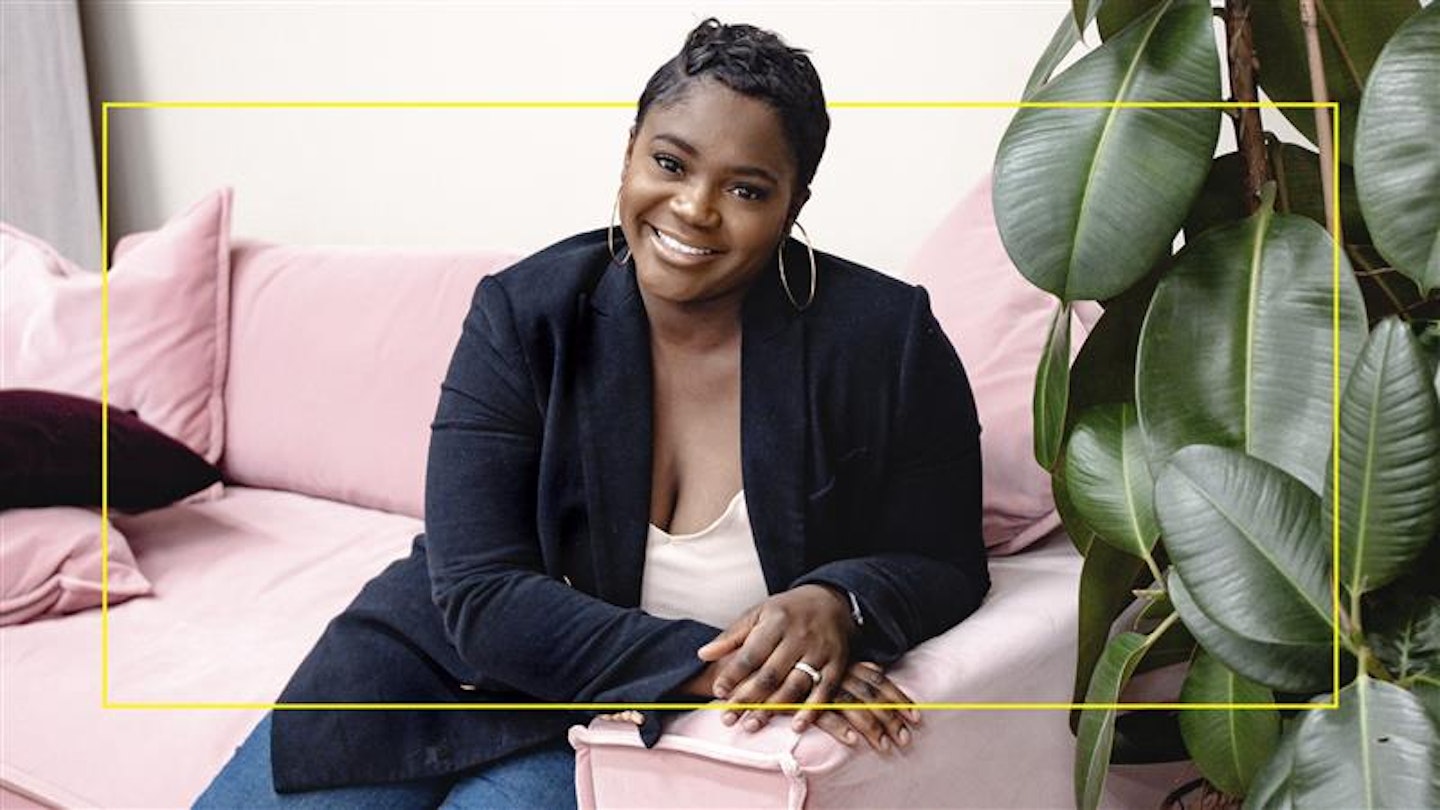Is your autistic child starting primary school this September? The transition to primary school, or ‘big school’ as my 4-year-old autistic son loves to call it, is an exciting time but it can be full of change and uncertainty for many autistic children. The tips below are designed to help get them used to the idea of school before starting and hopefully put your mind at ease too.
Increase structured activities and practise 'carpet time' at home
Over the summer holidays and the first few weeks of school it’s a great idea to increase adult led, structured activities at home, while also practising sitting down on the carpet or floor for 5-10 minutes at a time. Some activities you can try are tracing letters and numbers, practising writing their name and counting objects up to 10.
Create a one page “passport”
You can make a one page document for your child’s teacher and any staff who will be working with your child. It should include a picture of your child, what their diagnosis is (if known), their likes and dislikes, what the potential triggers are for meltdowns and how to calm them down if this does happen. It should contain any information you think will be relevant for the teacher to glance at quickly if anything arises.
Use social stories and visual representation
A social story helps to explain social situations to autistic children and help them learn ways of behaving in these situations. It will usually contain pictures and sentences that you will read out to your child that are quite descriptive and literal about starting school. You can ask your school SENCO or class teacher if they have a social story for your child’s school already. If this is not possible, then you can show them pictures of the school the child will be attending or use flashcards to help explain the process of the school day. The trick is to get them thinking about the idea of school in a visual way so there are no surprises on the big day.
Drive or walk the route to school over the holidays
To get your child used to the new routine they will be taking to school, it’s a great idea to practise the journey and take a few trips down there together before school starts. When you get there be sure to walk the perimeter of the school, labelling the entry and exist sites and where their classroom will be (if you can see it from the outside).
Read picture books about starting school
Similar to the tip about social stories, there are many picture books out there about transitioning to primary school that are suitable for young children. It would be helpful to add this to your daily night time reading list in the weeks running up to starting school to get them used to the idea.
Practise, practise, practise!
Over the summer it’s a great idea to practise putting on and taking off school uniform, PE kits and shoes, eating out of a lunch box, going to the toilet independently if they are not already doing so and going to bed and waking up around the same time they would when school starts. Practise using their school bag and pencil case and also be sure they know how to ask for help if they need it.
Communicate regularly with their teacher and teaching assistant when they start
When they do eventually start it is important to build a solid relationship with the class teacher and teaching assistant (if they have one) in order to communicate about your child’s home and school routine. You want to foster a relationship where you can air your views and discuss what is working and what might not be working so you can all work together and aid your child’s development.
Go with a positive mindset
I know this one is a lot easier said than done because there is an extra level of worry you experience as a parent to a child with additional needs (been there, done that and got the T-Shirt) but go in with a positive mindset that everything will be okay in the end, because ultimately it will be!
Check out more tips and follow my journey of parenting an autistic child here: @mumsandtea www.mumsandtea.com
